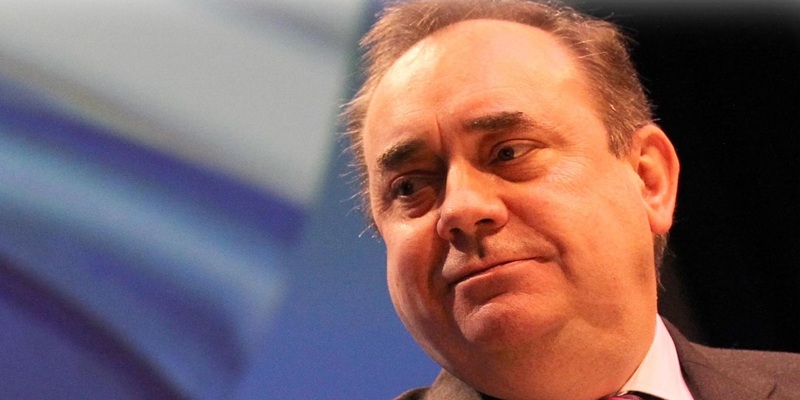First Minister Alex Salmond joined political leaders in Northern Ireland and Wales to demand an end to rocketing petrol prices.
He and his counterparts from the other devolved administrations of the UK issued a joint statement urging the coalition government to scrap plans to raise duty on fuel from April 1.
The move comes amid widespread public anger over the cost of filling up at the forecourt, with our petition for a fairer system attracting more than 5000 signatures.
The call came as part of a joint declaration demanding urgent action to protect the economy.
Describing the recovery as “fragile,” the statement demanded a series of measures including action on fuel to drive growth.
“We call on the UK Government to take urgent action to address the rising price of fuel by postponing the scheduled duty increase in April 2011,” it read.
“This would help stimulate the wider economy by protecting motorists, road hauliers and in particular remote rural communities from high and volatile fuel costs.”
The leaders also warned that cutting capital budgets would put growth in the construction sector “in jeopardy” and urged the government to invest in infrastructure projects.
They further demanded action to give small and medium-sized businesses access to “affordable finance.”
“Motorists are facing unprecedented fuel prices, putting pressure on our communities, especially in rural Scotland,” said Mr Salmond. “The recent increases in VAT and fuel duty have helped push petrol prices to record highs.
“Whilst a further increase in fuel duty planned for April could increase prices by a further 4p a litre and put further pressure on hard-hit households and businesses across Scotland.Securing recoveryMr Salmond added, “The Scottish Government recognises the importance of a credible budget strategy, but this must be balanced with providing the building blocks to stimulate the economy, promote growth and secure our recovery.”
Public outrage over the cost of fuel is to be raised at Westminster after the SNP secured a debate on the issue.
A joint motion with Plaid Cymru condemns the Conservative-led government for failing to introduce a fuel duty stabiliser as they had promised prior to the election.
SNP treasury spokesman, Stewart Hosie, said Monday’s opposition day debate would be “crucial” in convincing the government to take action on fuel prices.
“This is the only opportunity MPs will have to debate fuel prices ahead of the Budget in March and the fuel duty increase in April,” he said. “So it is crucial that we persuade the government to honour its pre-election pledge and establish a fuel duty regulator.”
Mr Hosie added that Westminster’s “inaction” had made fuel costs an “enormous” issue for the Holyrood elections in May.
“It’s a huge issue on the doorstep and it is a key illustration of why we need to build up Scotland’s Parliament, and equip it with the full powers of financial responsibility.”
“A fuel duty regulator which the Tories supported before the election would bring duty down when oil prices go up,” said Mr Hosie.
“Cutting fuel by 10p per litre in Scotland would only cost about half of the estimated £1 billion in extra revenue the Treasury is set to rake in as a result of rising oil prices.”
The Courier is backing calls for a fuel duty regulator, which would allow duty on fuel to be reduced when the prices go up.
A UK Government spokesman said, “In order to tackle the deficit and promote economic growth we have had to take a number of tough decisions.
“However, the government recognise that higher fuel prices increase the cost of living for people and are actively looking at options, including a fuel duty stabiliser, ahead of the Budget.”If you want to support the Courier’s call for a fuel duty regulator, click here to add your name to our petition.
